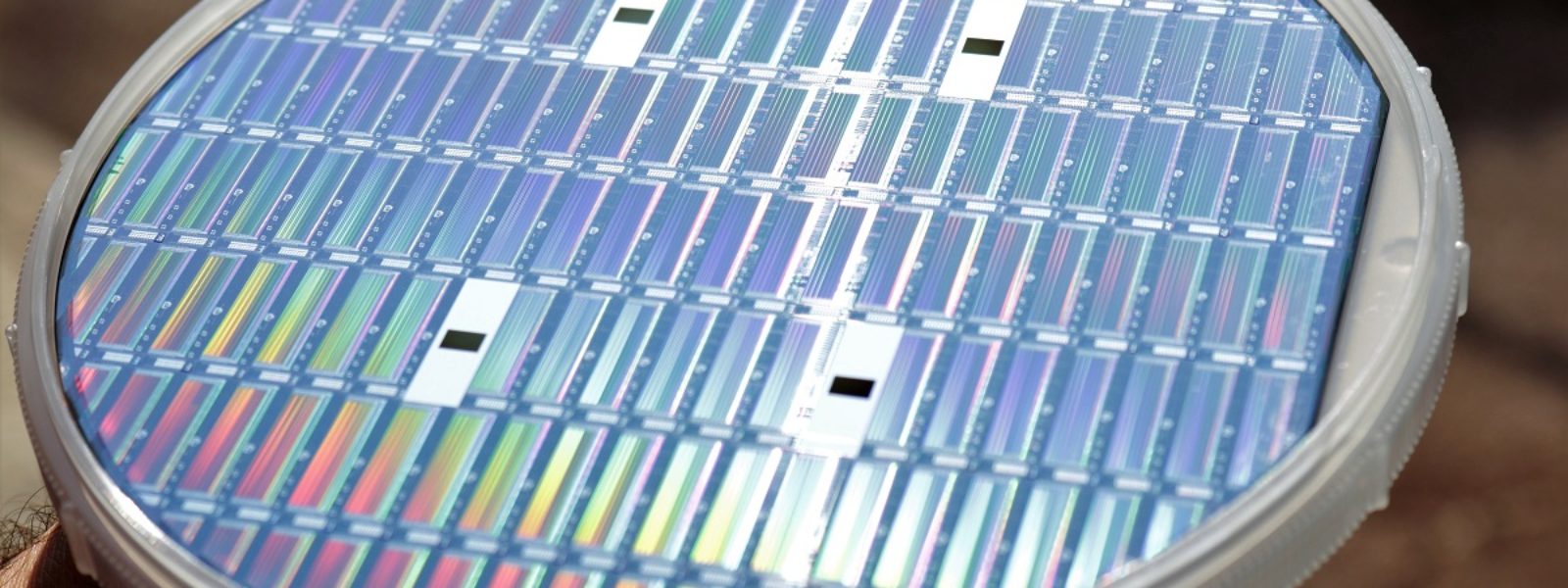A Perspective Vision of Micro/Nano Systems and Technologies as Enablers of 6G, Super-IoT and Future Networks

Looking to 2030, the future data- and communication-centric paradigms of 6G, Super-IoT (Internet of Things), and Tactile Internet (TI) will require leaps forth at technology and, notably, at a conceptual level. Artificial Intelligence (AI) will be a cornerstone both on the service and network operation plane, leveraging self-sustenance and self-evolution of the infrastructure. Within such a context, the currently-in-use design methods for hardware-software (HW-SW) systems are regarded as increasingly less suitable to meet the challenge fully. This tutorial webinar will focus on low-complexity HW components, like sensors, actuators, and transducers, gathering attention around Micro/Nano (MEMS/NEMS) technologies. Reinforcement of the HW versus SW separation and symmetry is proposed, overcoming the so-called HW-SW divide. Partial reformulation of the HW concept is proposed, leveraging the parallelism of HW/SW with classical elements in nature. The resulting frame of reference is named WEAF Mnecosystem (Water, Earth, Air, and Fire Micro/Nanotechnologies Ecosystem). It embodies solutions based on Micro/Nanotechnologies, regarded as pivotal in the transition to 6G/TI. Then, the WEAF Mnecosystem landscape is populated by reporting state-of-the-art research activities based on Micro/Nanotechnologies, identified as key enablers of the future paradigms at stake.
Presenta Iacopo Iannacci, FBK Centro Sensors & Devices
Jacopo Iannacci (M’20, SM’21) received the MSc (Laurea) degree in electronics engineering from the University of Bologna, Italy, in 2003, and the PhD in information and telecommunications technology from the Advanced Research Center on Electronic Systems “Ercole De Castro” (ARCES) at the University of Bologna, Italy, in 2007. He received the Habilitation as Associate Professor in Electronics from the Italian Ministry of Education, University and Research (MIUR), in 2017, and the Habilitation as Full Professor in Electronics from the Italian Ministry of University and Research (MUR), in 2021. He worked in 2005 and 2006 as visiting researcher at the DIMES Technology Center (currently Else Kooi Lab) of the Technical University of Delft, the Netherlands, focusing on the development of innovative packaging and integration technology solutions for RF-MEMS devices. In 2016, he visited as seconded researcher the Fraunhofer Institute for Reliability and Microintegration IZM in Berlin, Germany, to conduct high-frequency characterization of RF-MEMS components jointly with the RF & Smart Sensor Systems Department at IZM. Since 2007, he is researcher (permanent staff) at the Center for Sensors & Devices of Fondazione Bruno Kessler, in Trento, Italy. His research interests and experience fall in the areas of Finite Element Method (FEM) multi-physics modelling, compact (analytical) modeling, design, optimization, integration, packaging, experimental characterization and testing for reliability of MEMS and RF-MEMS devices and networks for sensors and actuators, Energy Harvesting (EH-MEMS) and telecommunication systems, with applications in the fields of 5G, Internet of Things (IoT), as well as future 6G, Tactile Internet (TI) and Super-IoT.